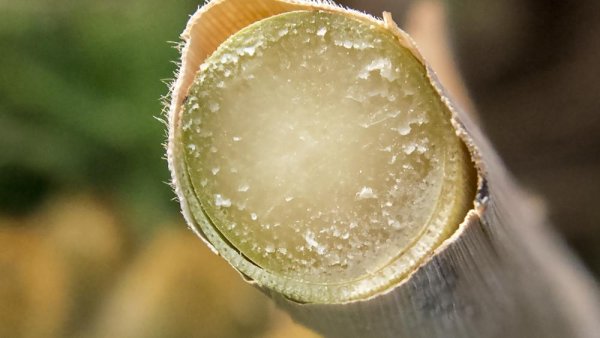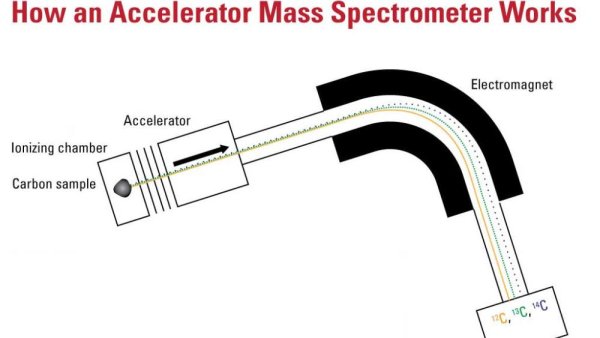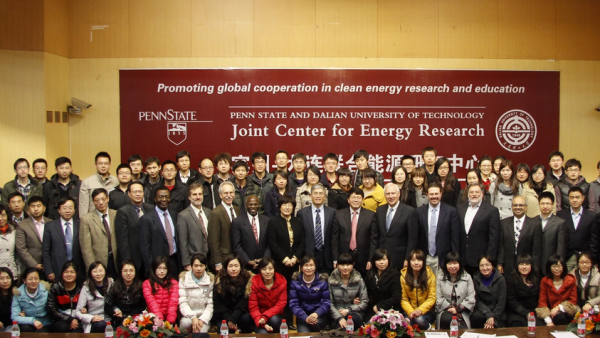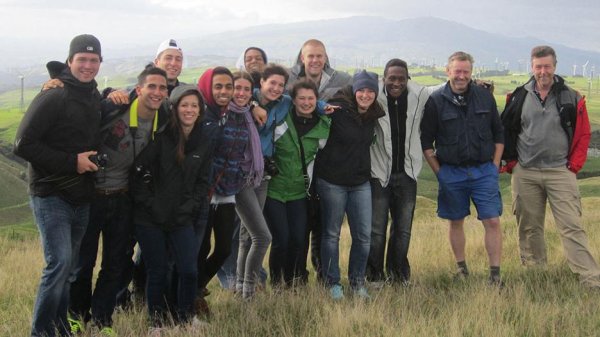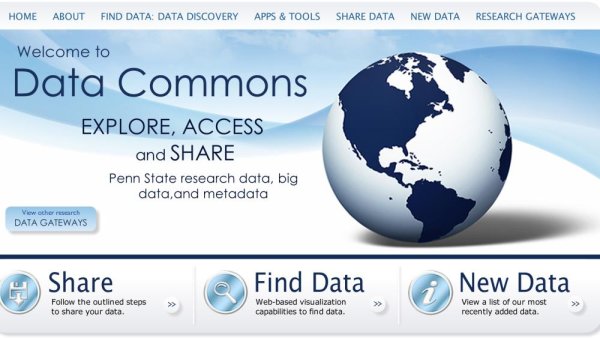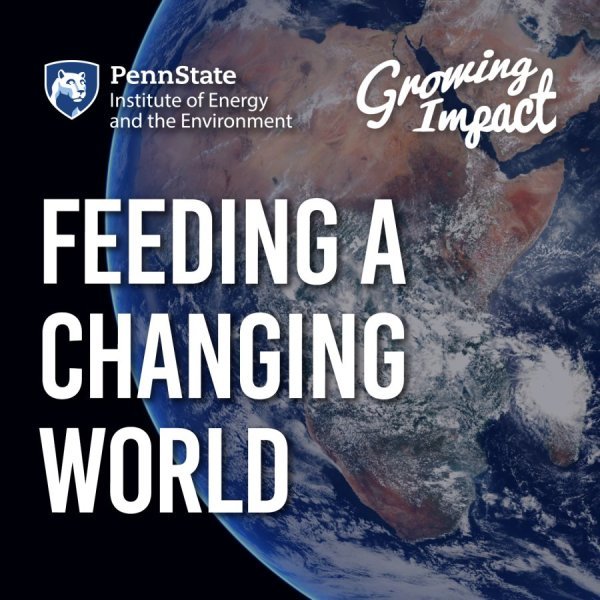NSF award supports research on sustainable energy production
| psu.edu
Bruce Logan, Evan Pugh Professor and Kappe Professor of Environmental Engineering, and Christopher Gorski, assistant professor of civil and environmental engineering, received a National Science Foundation EAGER award to fund their research on technologies that generate and store electrical energy from waste heat using salinity gradients.
Unlocking the biofuel energy stored in plant cell walls
| psu.edu
The key to efficient biofuels may lie in learning how plants build their cell walls.
Promotions in academic rank, effective July 1, 2015
| psu.edu
Following is a list of academic promotions for tenured and tenure-line faculty at Penn State, effective July 1.
State-of-the-art carbon-14 dating facility coming to Penn State
| psu.edu
Penn State will soon be home to an accelerator mass spectrometer (AMS) that will allow researchers all over the country to do high-precision carbon dating to address questions about Earth's past and present. The new instrument will be able to determine the age of samples from the past 10,000 years within 15 to 20 years and will be used by scientists from across the nation.
Faculty team awarded $2.85 million NSF grant for K-12 education
| psu.edu
The National Science Foundation has awarded a $2.85 million grant to a team of Penn State faculty for a carbon research/science education collaboration with two Pennsylvania school districts. The five-year Carbon Educators and Researchers Together for Humanity (CarbonEARTH) project teams Penn State Science, Technology, Engineering, and Mathematics (STEM) graduate students with elementary and middle school science teachers from the rural Phillipsburg and the urban Harrisburg school districts.
O’Connor receives Air Force Young Investigator grant
| psu.edu
Jacqueline O’Connor, assistant professor, mechanical engineering, was awarded a three-year grant through the Air Force Office of Scientific Research Young Investigator Research Program.
NASA awards $30M grant to Penn State to help answer climate questions
| psu.edu
Penn State will lead a five-year, $30 million mission to improve quantification of present-day carbon-related greenhouse gas sources and sinks. An improved understanding of these gases will advance our ability to predict and manage future climate change.
Marcellus drilling boom may have led to too many hotel rooms
| psu.edu
Drilling in Pennsylvania's Marcellus Shale region led to a rapid increase in both the number of hotels and hotel industry jobs, but Penn State researchers report that the faltering occupancy rate may signal that there are now too many hotel rooms.
Joint Center for Energy Research promotes U.S.-China collaboration
| psu.edu
With the goal of promoting global cooperation in clean energy research and education, Penn State and Dalian University of Technology (DUT) in China established an international Joint Center for Energy Research (JCER) in 2011 as a part of global engagement efforts at both universities.
Students travel 'down under' to explore New Zealand’s energy technologies
| psu.edu
Last May, a group of twelve undergraduate students embarked on a fourteen-day research expedition across New Zealand exploring the country’s energy technologies and this past December wrapped up the course with group presentations of their final projects.
Two engineers win National Science Foundation CAREER Awards
| psu.edu
Two Penn State engineering faculty members were recently awarded National Science Foundation Early Career Development Awards. The faculty members are Gordon Warn, assistant professor of civil engineering, and Tak-Sing Wong, assistant professor of mechanical engineering.
Data Commons connects researchers through data sharing
| psu.edu
In order to promote open access to research data, many funding agencies such as the National Science Foundation (NSF) and the National Institutes of Health (NIH), require that research data generated by publicly-funded projects be made publicly available. In addition, some journals require authors to make materials, data and associated protocols promptly available to readers as a condition of publication. Researchers can now more easily comply with these policies by utilizing the services of Penn State’s Data Commons.


